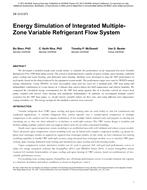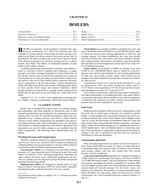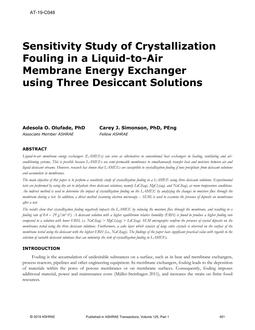Buildings are responsible for approximately 40% of the primary energy use and 36% of greenhouse gas (GHG) emissions in the U.S. As we move toward reducing GHG emissions, we need reliable methods for estimating emissions and emission reductions. GHG emissions come from all life cycle stages of a building; however, this paper focuses on those associated with energy used in the building. Many data sources and tools are available for calculating the GHG emissions from building activities, but they have different assumptions, different data sources, different system boundaries, and there are no agreed-upon standards. Therefore, results of GHG emission calculations are neither consistent nor comparable. They often do not include the full life cycle of the energy and fuels and do not account for the regional and temporal variations in power generation and emissions. Temporal variations become important as load-shifting technologies and renewable energy generation are added to buildings. This paper presents the issues associated with estimating buildings-related GHG emissions and estimates the impacts of each issue. Recent and planned projects will provide more detailed regional and hourly data, but there are still many uncertainties and more work to do to develop accurate, easy-to-use tools.
Citation: ASHRAE Transactions, 2010, vol. 116, pt. 2, Albuquerque, NM
Product Details
- Published:
- 2010
- Number of Pages:
- 11
- File Size:
- 1 file , 2.6 MB
- Product Code(s):
- D-AB-10-027


